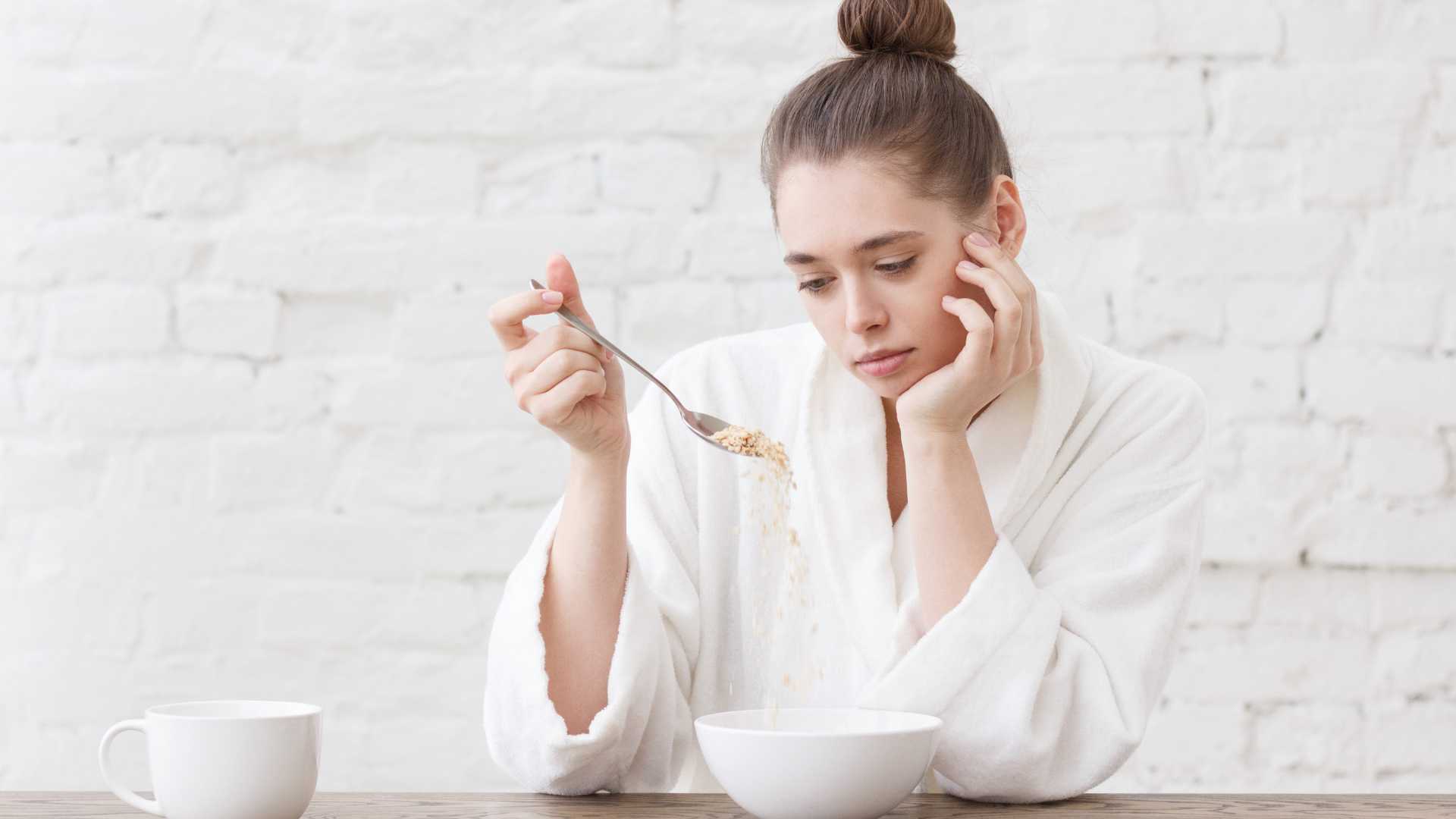Foods and Beverages that can Trigger Incontinence

Chocolate
Unfortunately, chocolate contains a small amount of caffeine, making it a food to avoid with an overactive bladder. White chocolate is caffeine-free, while dark chocolate contains more cocoa than milk chocolate, providing alternative options to satisfy your cravings.
Spicy Food
Spicy foods can not only make your eyes and lips burn but also irritate your bladder. While you don’t have to completely eliminate spice and chili, be cautious with spicy peppers and sauces, especially when cooking or dining out. Consider gradually reducing spice intake to ease overactive bladder symptoms.
Tomato
Due to their acidity irritating your bladder, tomatoes are one of the main foods that cause urinary incontinence. If you find that you’re particularly sensitive to tomatoes, you may want to cut out tomato products such as pasta and pizza sauces, ketchup, and salsa.
Processed Foods
Anything processed contains a lot of artificial ingredients, flavours, and preservatives, which in turn makes them foods to avoid with an overactive bladder.
Coffee
Caffeine and incontinence are unfortunately not the best combination, making coffee one of the key diuretic drinks to avoid. Coffee can increase bladder activity and result in symptoms such as higher urgency and frequency of urination.
If you can’t imagine starting your day without a cup of coffee, then think about lowering the amount of coffee you drink. Try brewing a cup that is half decaf and half regular coffee but remember to wean yourself off gradually to avoid caffeine withdrawal headaches.
Alcohol
Drinks such as beer, wine, and spirits can all irritate the bladder and disrupt the signals to your brain that alert you of bladder overflow when it comes to alcohol and incontinence. The worst culprits are, in fact, champagne and prosecco, which contain both bladder-stimulating alcohol and carbonation. Try cutting down on drinking to mitigate alcohol-induced incontinence symptoms.
Acidic Fruit Juices
Like tomatoes, fruit juices containing lemon, lime, orange, and grapefruit all contain high amounts of citric acid, resulting in the frequent urge to urinate. You should still eat lots of fruit as part of a healthy diet, but try eating more fruits that are less acidic, such as pears or blueberries. These fruits are also high in disease-fighting antioxidants, so they are still really good for you, and filling up on these could help you avoid foods that make you urinate.
Carbonated Drinks
The fizz in carbonated beverages can aggravate overactive bladder symptoms, so be wary of soft drinks, soda water, and energy drinks as these are all diuretic drinks to avoid. Some of the worst drinks are those that contain both caffeine and carbonation, so try and avoid these as much as possible to minimise caffeine-induced overactive bladder issues.
Understanding these Dietary Triggers
As you embark on the journey of managing incontinence, understanding the triggers present in the foods and beverages you consume is a crucial step. By closely monitoring how your body reacts to the reduction of these potential triggers, you can identify patterns and make informed choices to effectively manage your symptoms. Knowledge empowers, and being aware of the impact certain foods and drinks can have on your bladder health enables you to take proactive measure.